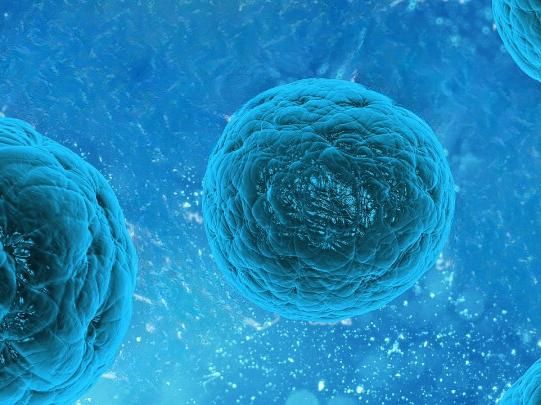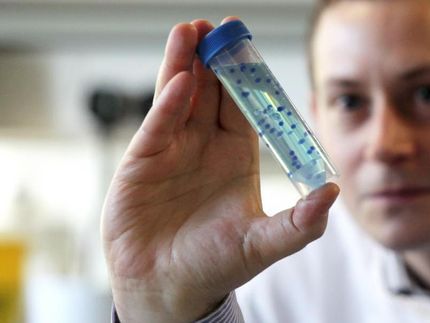New solution for stem cell manufacturing
A unique 3D printed system for harvesting stem cells from bioreactors
Advertisement
Researchers have developed a unique 3D printed system for harvesting stem cells from bioreactors, offering the potential for high quality, wide-scale production of stem cells in Australia at a lower cost.

Symbolic image
pixabay.com
Stem cells offer great promise in the treatment of many diseases and injuries, from arthritis and diabetes to cancer, due to their ability to replace damaged cells. However, current technology used to harvest stem cells is labour intensive, time consuming and expensive.
Biomedical engineer Professor Majid Warkiani from the University of Technology Sydney led the translational research, in collaboration with industry partner Regeneus – an Australian biotechnology company developing stem cell therapies to treat inflammatory conditions and pain.
“Our cutting-edge technology, which uses 3D printing and microfluidics to integrate a number of production steps into one device can help make stem cell therapies more widely available to patients at a lower cost,” said Professor Warkiani.
“While this world-first system is currently at the prototype stage, we are working closely with biotechnology companies to commercialise the technology. Importantly, it is a closed system with no human intervention, which is necessary for current good manufacturing practices,” he said.
Microfluidics is the precise control of fluid at microscopic levels, which can be used to manipulate cells and particles. Advances in 3D printing have allowed for the direct construction of microfluidic equipment, and thus rapid prototyping and building of integrated systems.
The new system was developed to process mesenchymal stem cells, a type of adult stem cell that can divide and differentiate into multiple tissue cells including bone, cartilage, muscle, fat, and connective tissue.
Mesenchymal stem cells are initially extracted from human bone marrow, fat tissue or blood. They are then transferred to a bioreactor in the lab and combined with microcarriers to allow the cells to proliferate.
The new system combines four micromixers, one spiral microfluidic separator and one microfluidic concentrator to detach and separate the mesenchymal stem cells from microcarriers and concentrate them for downstream processing.
Professor Warkiani said other bioprocessing industrial challenges can also be addressed using the same technology and workflow, helping to reduce costs and increase the quality of a range of life-saving products including stem cells and CAR-T cells.




























































